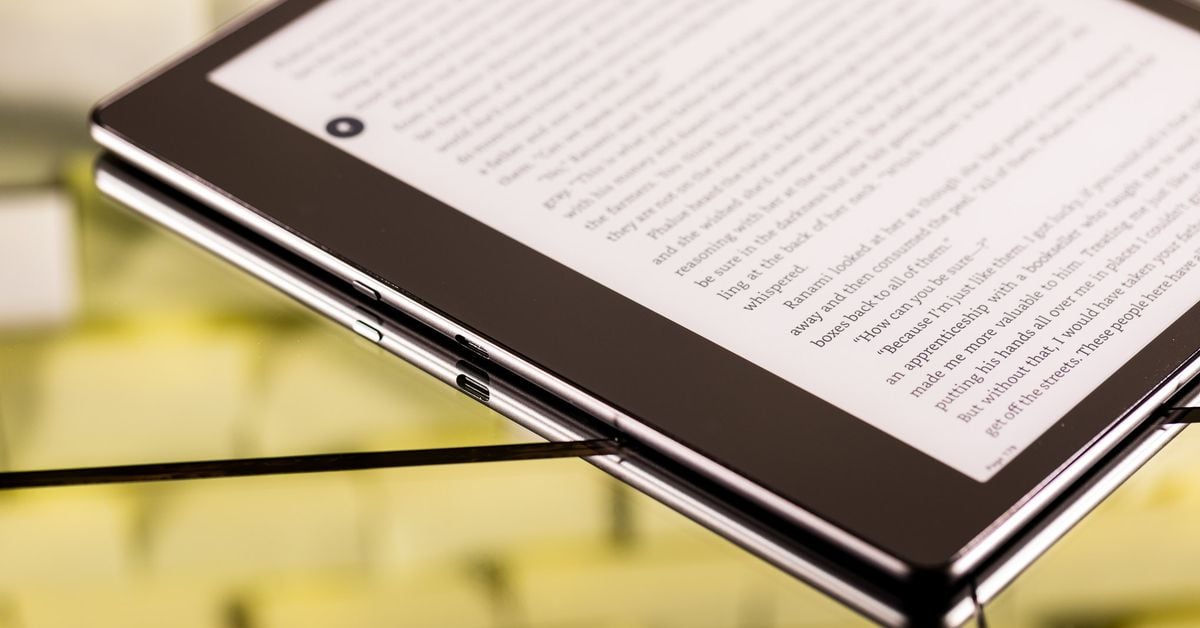- cross-posted to:
- [email protected]
- technology
- cross-posted to:
- [email protected]
- technology
The Internet Archive has lost its appeal in a fight to lend out scanned ebooks without the approval of publishers. In a decision on Wednesday, the Second Circuit Court of Appeals ruled that permitting the Internet Archive’s digital library would “allow for widescale copying that deprives creators of compensation and diminishes the incentive to produce new works.”
The decision is another blow to the nonprofit in the Hachette v. Internet Archive case. In 2020, four major publishers — Hachette, Penguin Random House, Wiley, and HarperCollins — sued the Internet Archive over claims its digital library constitutes “willful digital piracy on an industrial scale.”
The Internet Archive has long offered a system called the Open Library, where users can “check out” digital scans of physical books. The library was based on a principle called controlled digital lending, where each loan corresponds to a physically purchased book held in a library — avoiding, in theory, a piracy claim. It’s a fundamentally different system from programs like OverDrive, where publishers sell limited-time licenses to ebooks on their own terms.
…



deleted by creator